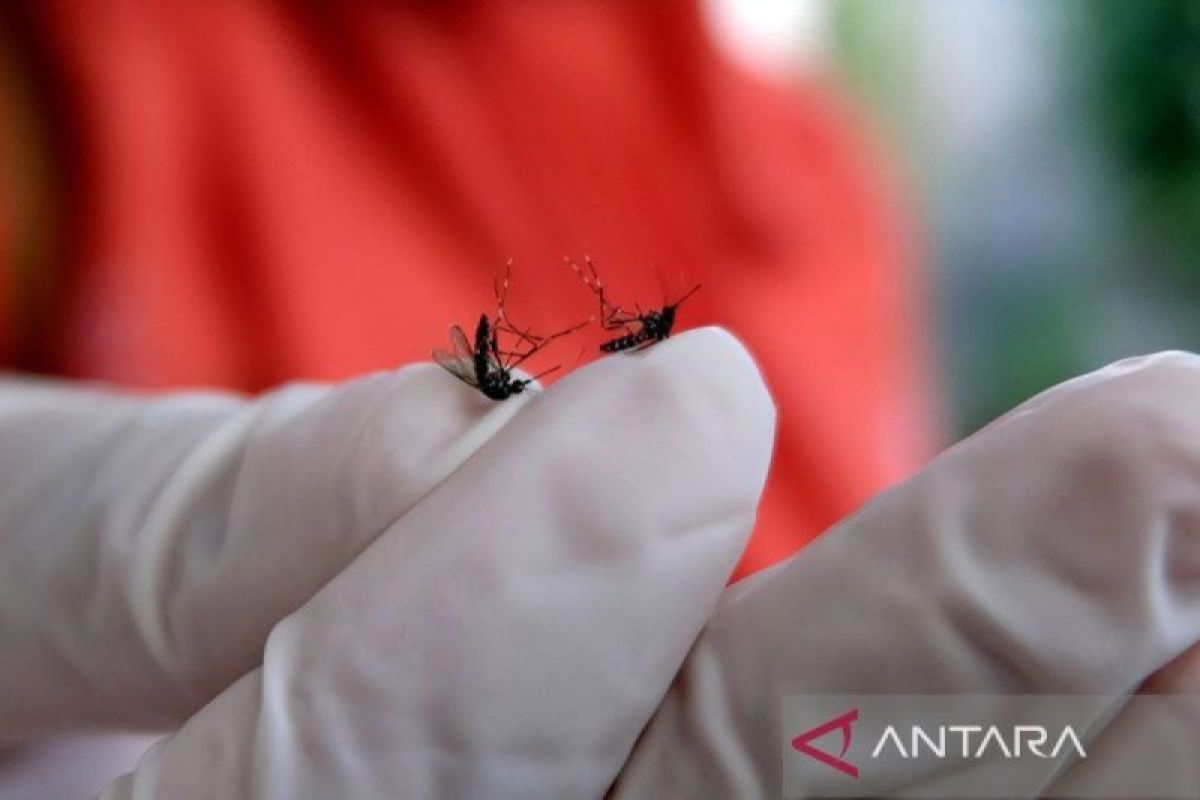Perbedaan nyamuk aedes aegypti dan aedes albopictus penyebab DBD

Dengue fever, or DBD, is a mosquito-borne viral infection that is transmitted by the Aedes mosquito. In Indonesia, two species of the Aedes mosquito are known to be the main culprits in spreading the disease: Aedes aegypti and Aedes albopictus. These two species have distinct differences that make them unique in their ability to transmit the dengue virus.
Aedes aegypti is the primary vector for dengue fever in many parts of the world, including Indonesia. This species is known for its ability to thrive in urban environments and breed in small, stagnant bodies of water. Aedes aegypti is easily recognizable by its black and white striped legs and body. This species is most active during the day, with peak biting times occurring in the early morning and late afternoon.
On the other hand, Aedes albopictus, also known as the Asian tiger mosquito, is another important vector for dengue fever in Indonesia. This species is characterized by its black and white striped body and legs, similar to Aedes aegypti. However, Aedes albopictus is more commonly found in rural and suburban areas, as it prefers to breed in natural habitats such as tree holes and bamboo stumps. This species is also known to be more active during the early morning and late afternoon.
Despite their differences in habitat preferences and biting patterns, both Aedes aegypti and Aedes albopictus are capable of transmitting the dengue virus to humans. The best way to prevent dengue fever is to eliminate breeding sites for these mosquitoes by removing stagnant water sources and using insect repellent to protect against bites. Additionally, regular fumigation and mosquito control measures can help reduce the risk of dengue fever transmission in communities.
In conclusion, understanding the differences between Aedes aegypti and Aedes albopictus can help in the prevention and control of dengue fever in Indonesia. By taking proactive measures to eliminate breeding sites and protect against mosquito bites, we can help reduce the spread of this deadly disease and protect the health of our communities.